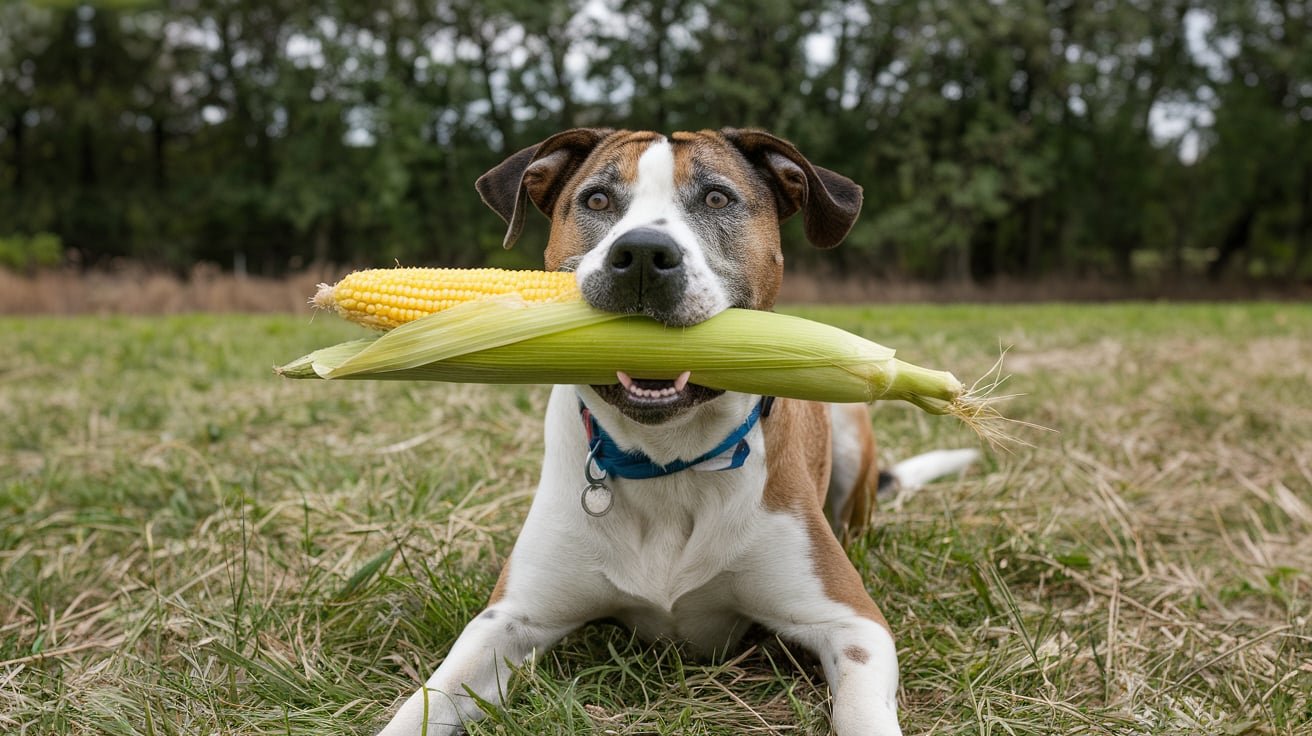Why Is My Dog Shaking Its Head? Understanding the Causes and Solutions
If you’ve noticed your dog shaking its head more than usual, it’s natural to be concerned. While an occasional shake is normal, frequent head shaking can be a sign that something is bothering your dog. From minor irritations to more serious health issues, there are several reasons why your dog might be shaking its head.
Common Reasons for Head Shaking in Dogs
1. Ear Infections
One of the most common causes of head shaking in dogs is ear infections. Dogs are prone to ear infections due to their long, narrow ear canals, which can trap moisture and create an ideal environment for bacteria and yeast to grow. If your dog has an ear infection, you might notice other symptoms like redness, swelling, or a foul odor coming from the ear.
What You Can Do: If you suspect an ear infection, it’s important to visit your vet as soon as possible. They can prescribe medication to clear up the infection and offer tips on how to prevent future issues.
2. Ear Mites
Another common cause of head shaking is ear mites. These tiny parasites can live in your dog’s ears, causing intense itching and discomfort. Ear mites are more common in puppies and dogs that spend a lot of time outdoors. Besides head shaking, you might notice your dog scratching at their ears or see a dark, crumbly discharge.
What You Can Do: Your vet can diagnose ear mites with a simple ear exam and provide treatment to eliminate the mites. Regular cleaning of your dog’s ears can also help prevent infestations.
3. Foreign Objects in the Ear
Sometimes, dogs shake their heads because something is stuck in their ear, like a piece of grass, a seed, or even a small insect. This can be incredibly irritating for your dog and may lead to persistent head shaking until the object is removed.
What You Can Do: If you suspect your dog has something stuck in their ear, avoid trying to remove it yourself, as this could push it further in. Instead, take your dog to the vet, who can safely remove the object.
4. Allergies
Allergies can also cause your dog to shake its head. Dogs can be allergic to a variety of things, including pollen, dust, certain foods, or even grooming products. Allergies often cause the ears to become itchy and inflamed, leading to frequent head shaking.
What You Can Do: If you think allergies are the culprit, consult your vet. They may recommend an elimination diet or allergy testing to identify the trigger. Managing your dog’s environment and using hypoallergenic products can also help reduce symptoms.
5. Hematoma
A hematoma is a swollen, blood-filled area that can form in your dog’s ear flap after excessive head shaking or scratching. This condition is painful and can cause your dog to shake its head even more, potentially making the hematoma worse.
What You Can Do: Hematomas usually require veterinary treatment, which may include draining the fluid or surgery. Early intervention can prevent the hematoma from getting worse and help your dog recover more quickly.
6. Water in the Ears
If your dog loves swimming or recently had a bath, water in the ears could be the reason behind the head shaking. Water trapped in the ear canal can cause discomfort and increase the risk of an ear infection if not dried properly.
What You Can Do: After your dog swims or gets a bath, gently dry their ears with a soft towel. You can also use a vet-approved ear drying solution to help remove excess moisture.
When to Worry About Head Shaking
While occasional head shaking is usually nothing to worry about, persistent or severe head shaking can be a sign of a more serious problem. If your dog’s head shaking is accompanied by other symptoms like loss of balance, head tilt, or changes in behavior, it’s important to seek veterinary care immediately. These could be signs of a more serious condition, such as a neurological disorder or a deep ear infection.
Anecdote: Max’s Mystery Itch
I remember a time when my friend’s dog, Max, wouldn’t stop shaking his head. At first, it seemed like a minor irritation, but after a few days, it became clear that something was wrong. A trip to the vet revealed that Max had a small piece of grass lodged deep in his ear canal. After a quick removal and a little bit of ear medication, Max was back to his happy, head-shake-free self. This experience taught me the importance of paying attention to persistent symptoms and seeking help when needed.
Step-by-Step Guide to Help Your Dog
Step 1: Observe Your Dog
Watch your dog closely to see if the head shaking is accompanied by other symptoms like scratching, redness, or discharge. This can give you clues about what might be causing the discomfort.
Step 2: Check the Ears
Gently inspect your dog’s ears for any signs of redness, swelling, or discharge. Be careful not to poke or prod too deeply, as this can cause more harm.
Step 3: Consult Your Vet
If the head shaking persists or if you notice any other concerning symptoms, schedule a visit to the vet. They can perform a thorough examination and determine the underlying cause.
Step 4: Follow Treatment Plans
If your vet prescribes medication or recommends a treatment plan, be sure to follow it closely. Proper treatment is key to resolving the issue and preventing future problems.
Step 5: Prevent Future Issues
To prevent future ear problems, keep your dog’s ears clean and dry. Regular ear checks and cleaning can help catch issues early before they become more serious.
Conclusion
Frequent head shaking in dogs is a symptom that should not be ignored. While it’s often caused by something minor like an ear infection or water in the ears, it can also be a sign of a more serious issue. By understanding the possible causes and knowing what steps to take, you can help your dog feel better and avoid future problems.
If your dog is shaking its head more than usual, don’t hesitate to consult your vet. Early intervention can make a big difference in your dog’s comfort and health, giving you peace of mind and keeping your furry friend happy.



